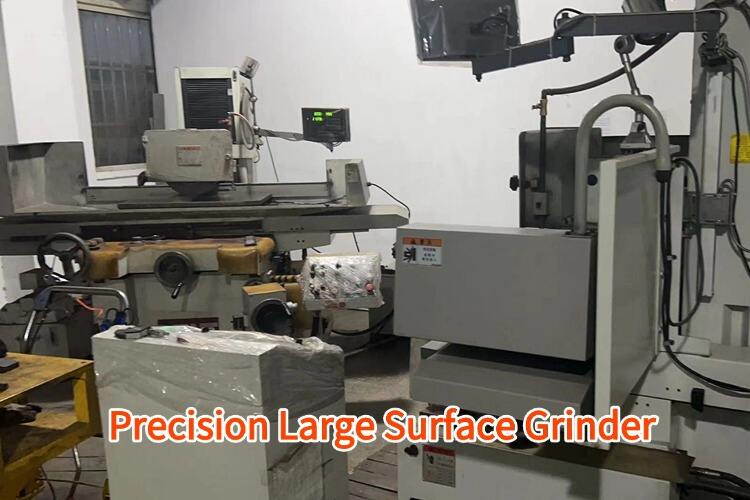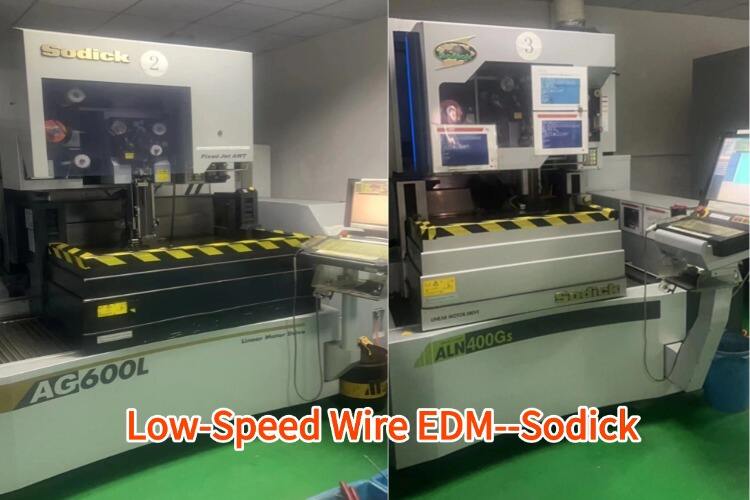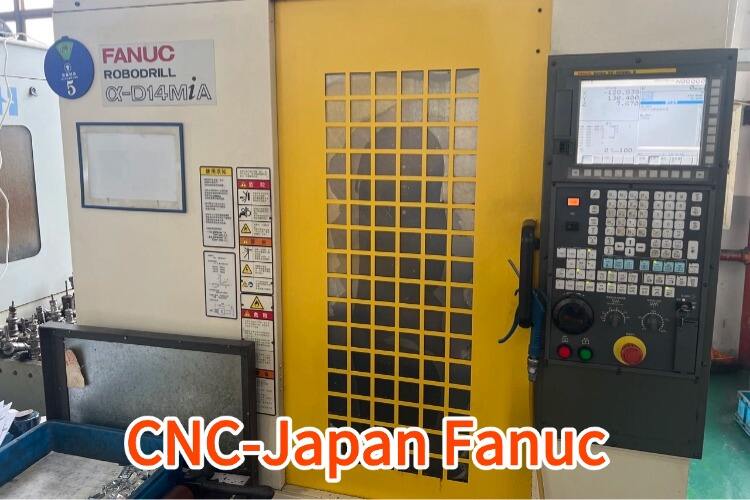what is cnc in manufacturing
CNC (Computer Numerical Control) in manufacturing represents a transformative technology that automates the control of machine tools through computer programming. This sophisticated system enables precise control of various manufacturing equipment, including mills, lathes, routers, and grinders. At its core, CNC technology translates digital instructions into mechanical movements, allowing for the creation of complex parts with exceptional accuracy and repeatability. The system operates by processing a pre-programmed sequence of commands that dictate tool movement, speed, feed rate, and coordination across multiple axes. Modern CNC machines can operate in three to five axes, with some advanced systems capable of simultaneous multi-axis movement. The technology integrates seamlessly with CAD/CAM software, enabling manufacturers to transform digital designs directly into physical products. CNC manufacturing has revolutionized production processes across industries, from aerospace and automotive to medical devices and consumer goods. The technology excels in producing both prototype parts and high-volume production runs, maintaining consistent quality throughout. Additionally, CNC machines can operate continuously with minimal human intervention, significantly increasing productivity while reducing the likelihood of human error.


